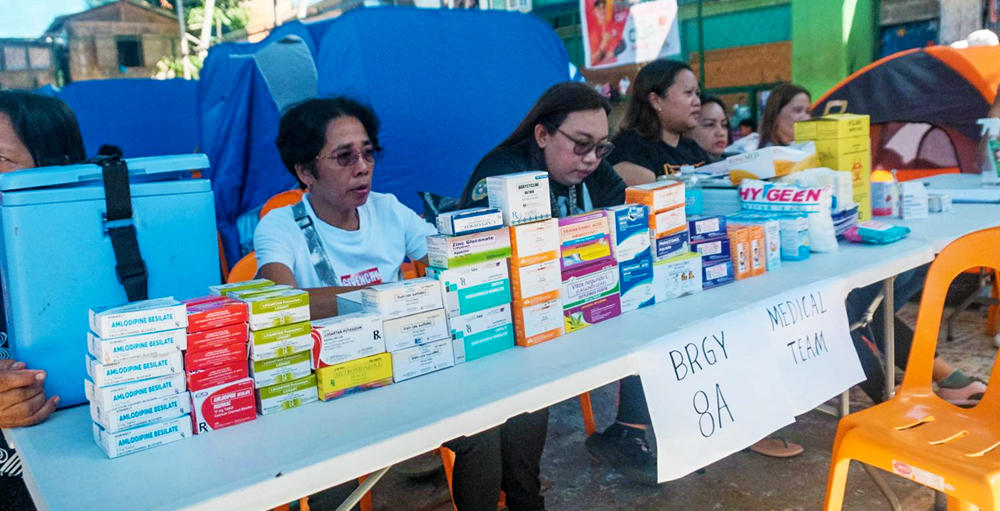The Davao City Health Office (CHO) warned Dabawenyos anew of the risks of acquiring Leptospirosis during the rainy season.
Dr. Sofia Corazon Zafra, Medical Coordinator of the CHO’s City Emerging and Re-emerging Infectious Diseases, said in an interview with the Madayaw Program over city-owned Davao City Disaster Radio, that post-exposure prophylaxis medicines are available for free in all barangay and district health centers.
She urged Dabawenyos who were exposed to flood waters to wash the exposed area properly, and go to the nearest health center to receive medical care and prophylaxis within 24 hours.
“Kung nakatunob gyud ka [sa baha] kay di man gyud na maiwasan kay gikan ka sa gawas, ako lang [advice] magpatan-aw gyud ta labi na sa mga health center naa man ta’y ginatawag nato nga prophylaxis (If you were exposed to flood waters, immediately visit the nearest health center to receive prophylaxis),” Zafra said.
Leptospirosis is a zoonotic disease caused by the Leptospira bacteria. The infection can be transmitted from the infected animal through its urine, or through contaminated water or soil.
Zafra emphasized that whether or not the person has a wound on their feet, they can still acquire leptospirosis.
She said that it is important to receive prophylaxis to prevent infection.
Dabawenyos are also urged to avoid self-medicating. Once exposed to flood water, go directly to the nearest health center to receive the right type and dosage of prophylaxis.
Symptoms of Leptospirosis include fever, headache, chills, joint pain, vomiting and nausea, yellowing of skin, red eyes, stomachache and diarrhea, and rashes.
The CHO’s City Epidemiology and Surveillance Unit (CESU) recorded a total of 94 cases of leptospirosis in the city as of May 24, 2024. Out of this, 25 died of the disease.
Dabawenyos are urged to maintain a clean environment, seek immediate medical intervention, avoid self-medication, and to remain vigilant against diseases during rainy seasons. CIO


